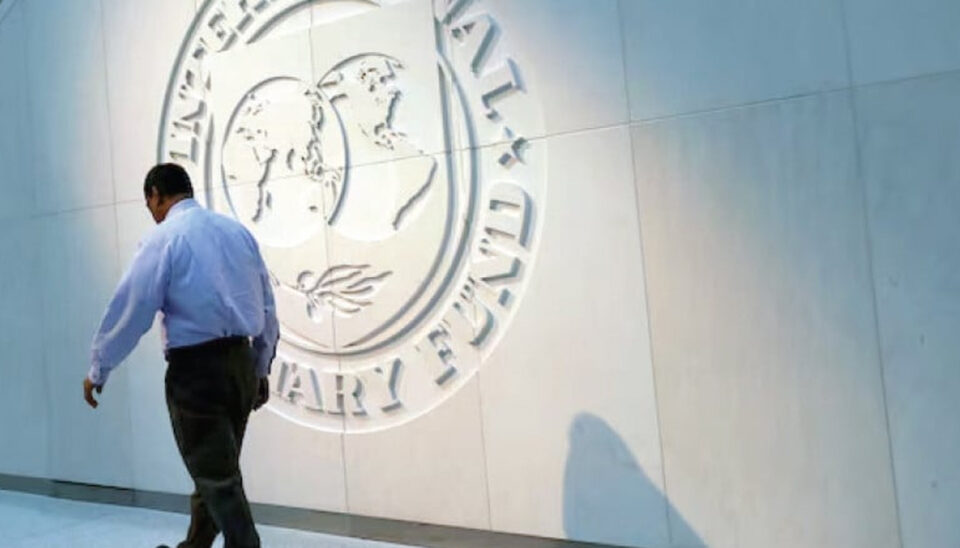**Finance Minister Announces Constructive Debt Talks with China**
Finance Minister Muhammad Aurangzeb revealed that Pakistan is making progress in rescheduling $12 billion in debt from China, Saudi Arabia, and the United Arab Emirates (UAE). This move aims to meet the final condition for the approval of a $7 billion International Monetary Fund (IMF) program.
In his first press conference after returning from Beijing, where he discussed energy debt rollover, Aurangzeb mentioned that China acknowledged the issue, and the talks were “very constructive.” He noted, “We are requesting the maturity extension of the existing cash deposits for three to five years.”
Pakistan has borrowed $5 billion from Saudi Arabia, $4 billion from China, and $3 billion from the UAE for one year each. Due to its financial constraints, Pakistan has repeatedly extended these loans annually. As part of the IMF condition, Pakistan is now seeking a three to five-year rescheduling of this debt to bring stability and reduce uncertainty.
The $5 billion debt from Saudi Arabia matured in July, but historically, these nations have been reluctant to agree to longer-term rollovers. Aurangzeb stated that Pakistan must secure confirmation of these external financing requirements from its bilateral creditors before the IMF executive board meeting. He added, “The external financing gap has also been identified for three years, which is very manageable.”
The finance minister emphasized that Pakistan currently lacks both fiscal and external financing space, highlighting the challenging economic situation. He mentioned that bilateral creditors now prefer equity stakes and board seats in state-owned companies over cash deposits.
Aurangzeb also assured that China supports Pakistan in securing the IMF agreement. China, Saudi Arabia, and the UAE are crucial partners in meeting Pakistan’s external financing needs. The IMF is expected to approve the $7 billion package next month, contingent on Pakistan securing debt rollovers and assurances from these creditors.
Aurangzeb addressed the delicate geopolitical situation, noting Pakistan’s need to balance its relationships with both the US and China, given the recent anti-China rhetoric from the US. He stated, “China is a strategic partner, and we see value in that, while the US is Pakistan’s largest export market.”
**Energy Debt Relief Efforts**
Aurangzeb and Power Minister Sardar Awais Laghari visited Beijing to negotiate energy debt relief, but the mission did not yield immediate results. The delegation met with Chinese finance officials, commercial banks, and energy department representatives. Aurangzeb described the discussions as serious and constructive, emphasizing the need for an extension in energy debt repayments, conversion of lending currency, and interest rate reductions.
The finance minister noted that while Pakistan is current on energy debt repayments, there are delays in dividend payments to Chinese energy plant sponsors. Pakistan is not seeking restructuring or haircuts but rather an extension in maturity periods. A Chinese financial advisor will be hired to assist with the energy debt rescheduling.
Aurangzeb stressed the importance of high electricity bills as both an immediate and structural issue, highlighting the need for long-term solutions without compromising existing agreements with foreign investors.
**Domestic Economic Reforms**
The finance minister also discussed domestic reforms, including efforts to improve the Federal Board of Revenue (FBR) and enforce tax legislation in the agricultural sector. He revealed that 4.9 million non-filers have been identified, with about 1 million affluent individuals receiving centralized tax notices.
Aurangzeb emphasized simplifying tax processes and eliminating corruption within the tax system. He mentioned that significant measures are being taken to enhance the economy, stressing the importance of including untaxed and under-taxed communities in the tax regime.
Regarding government efficiency, five ministries have been shortlisted for rightsizing, with Prime Minister Shehbaz Sharif expected to make the final decision. Aurangzeb defended the current budget, noting that past growth budgets led to balance of payments crises, and confronting the IMF was not a viable strategy. “When you are dealing with the lender of last resort, you really do not have a choice and a Plan B,” he concluded.

